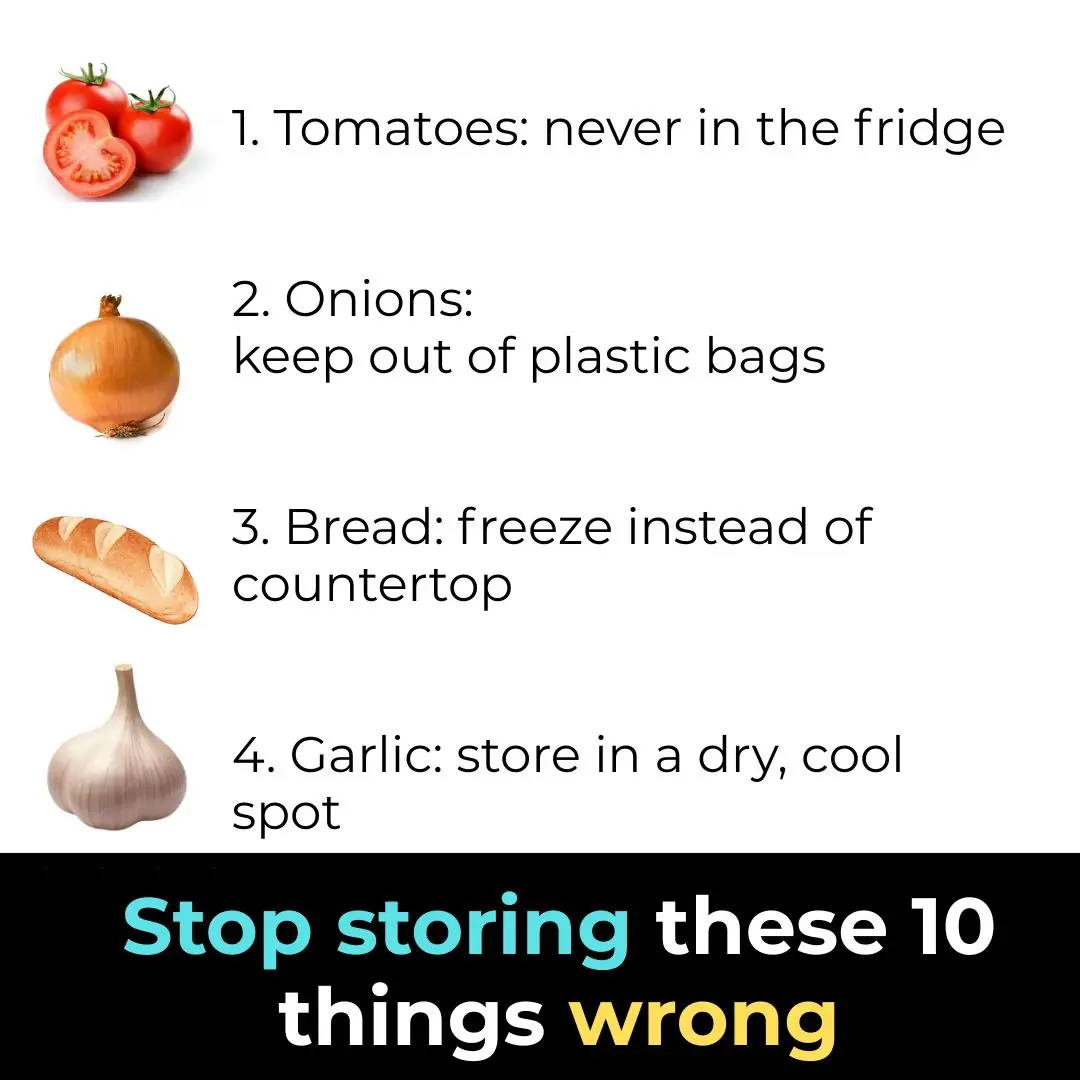
3 Common Mistakes People Make When Eating Avocados
Avocados are often praised as a “superfood,” and for good reason. They’re packed with healthy fats, fiber, potassium, and antioxidants that support heart health, brain function, and glowing skin. But as with any nutritious food, how you eat avocados matters just as much as how often you eat them. Many people unknowingly consume avocados in ways that can reduce their nutritional value—or even make them less beneficial for your body. Here are three common mistakes to avoid.

1. Eating Too Many at Once
While avocados contain heart-healthy fats, they’re still calorie-dense. One medium avocado has about 240 calories and 22 grams of fat. Eating one or two whole avocados a day may easily exceed your daily calorie needs, especially if you’re trying to maintain or lose weight.
Nutritionists recommend half an avocado per serving to enjoy the health benefits without overloading your system. Overeating avocados can also lead to bloating or digestive discomfort for some people due to their high fiber content.

2. Pairing Avocado With the Wrong Foods
Many people love combining avocado with processed foods like white bread, bacon, or heavy mayonnaise, believing they’re making a “balanced” meal. Unfortunately, these pairings can cancel out the avocado’s health benefits.
When combined with refined carbs or saturated fats, the avocado’s healthy monounsaturated fats lose their heart-protective effect. Instead, try pairing avocado with whole-grain toast, eggs, or fresh vegetables. These combinations help your body absorb fat-soluble vitamins (A, D, E, and K) more effectively—while keeping your meal light, balanced, and nourishing.

3. Heating or Cooking Avocado Incorrectly
Adding avocado to stir-fries or baking it in the oven may sound creative, but high heat can destroy many of its valuable nutrients. The healthy fats in avocado—especially oleic acid—break down when exposed to high temperatures, forming potentially harmful compounds.
Cooking can also make the texture rubbery and the flavor bitter. To enjoy warm dishes, add avocado after cooking—for example, spoon it over grilled chicken, mix it into warm quinoa, or blend it into a warm soup right before serving. This preserves its creamy texture and full nutritional value.

Final Thoughts
Avocados absolutely deserve their “superfood” status, but moderation and proper preparation are key. Enjoy them in small portions, combine them with wholesome ingredients, and avoid exposing them to high heat. Used the right way, avocados can truly support your heart, enhance your skin, and provide your body with the nutrients it needs to thrive.
News in the same category


Found this weird skin on my son's ear this morning. Doc appt is a week away. What can I do?

Acid reflux natural remedy that works in minutes

Warning Signs You Should Never Ignore on Your Skin

The 1-minute workout that’s up to 9x more powerful than your usual routine

Nine Year Study Finally Explains The Relationship Between Sugar And Cancer

7 essential vitamins every diabetic needs for nerve health

🧠 A Neurosurgeon Says Your Legs Could Predict Dementia Years Before Memory Loss

7 Best Foods to Rebuild Your Muscle Strength After 50

The B Vitamin Solution: How to Lower Blood Pressure When Medications Fail

The #1 Habit That’s Quietly Destroying Muscle in Older Adults — Are You Guilty of This?

3 Warning Signs That Appear Days Before a Stroke Everyone Should Know to Prevent It

9 Hidden Causes of Bloating (And the Science-Backed Fixes)

5 Common Habits That Are Secretly Harming Your Heart You Probably Didn’t Know

Eat cloves every day, but avoid this common mistake!

Eat this to activate 5x more stem cells and repair nerve damage faster — no $20k shot

YOUR FEET ARE A 'BLOOD SUGAR METER' BEWARE OF DIABETES IF YOU FREQUENTLY EXPERIENCE THESE 12 SYMPTOMS

The Hidden Consequences of a S*xless Life

Keeping these 4 things on your bedside table can easily cause insomnia and hair loss
News Post

I had no idea this was a thing

Guardians of the Gentle Giants.

Add white vinegar to dishwashing water: Simple cleaning tips that will never be too expensive

Lady places cup of vinegar into microwave. Here’s the genius reason why

To the Little Boy at the Science Museum.

Works like a charm

A Mother’s Final Wish.

My nana taught me this hack to make dusty blinds sparkle in 2 mins with 0 work. Here’s how it works

Came back from camping and got some red, itchy skin. Doctor isn't available for another week. What should I do?

The Day John Steinbeck Flew with the Angels.

This is the first time I'm hearing about this

Stop storing these 10 things wrong

The Officer Who Became His Family.

Just tried to stop my daughter from doing this

Twelve Hours in the Pit — and a Mother’s Love That Never Gave Up.

The Day Everything Changed.

Here’s The History Behind The AME Church, The First Independent Black Denomination In The U.S.

Found this weird skin on my son's ear this morning. Doc appt is a week away. What can I do?
